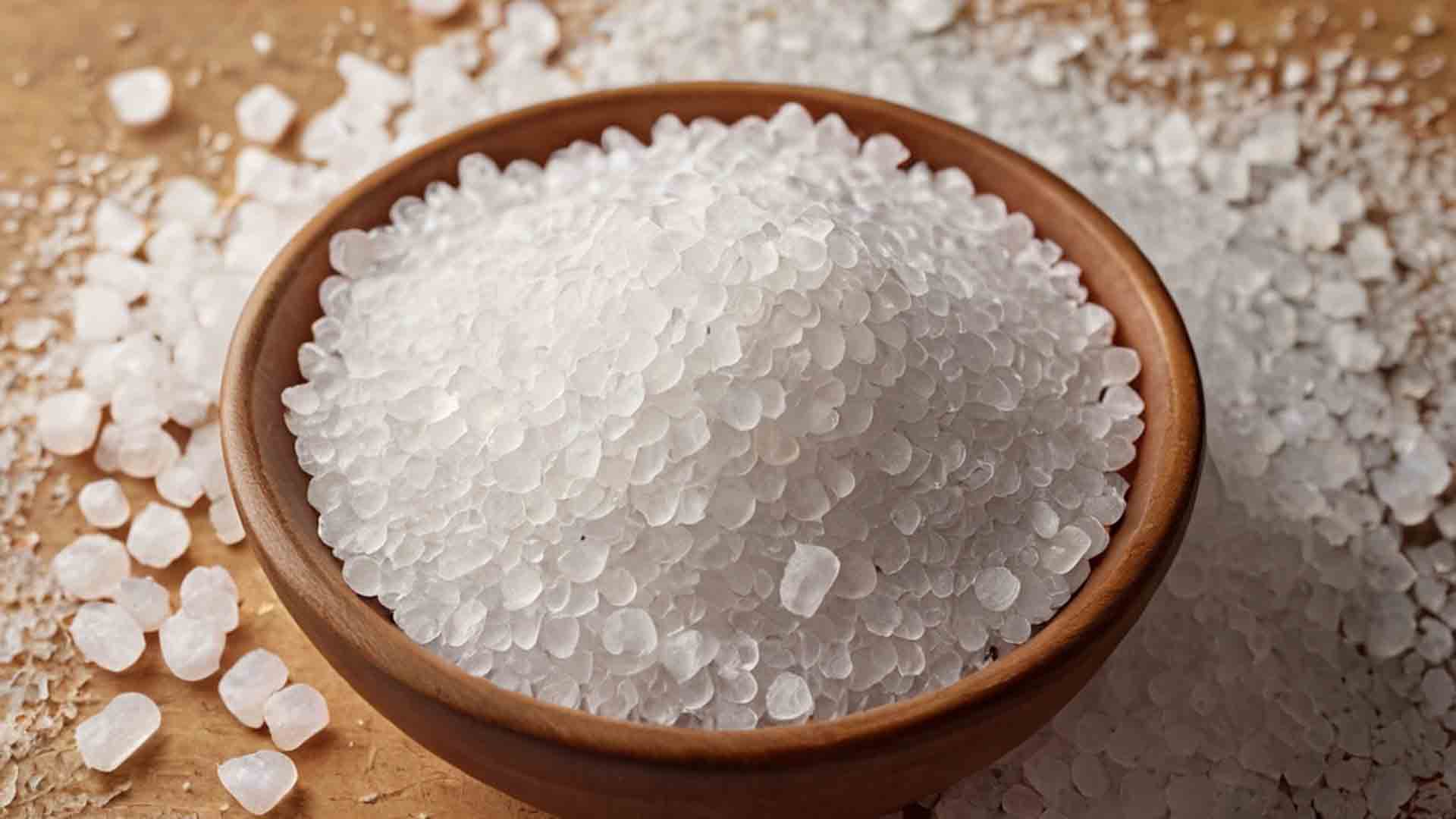

 Pros and Cons of Table Salt
Pros and Cons of Table Salt
Table salt, also known as sodium chloride, is a common ingredient in many diets. Here are some of the advantages and disadvantages of table salt:
Advantages
1. Essential Nutrient:
• Sodium: Table salt is a primary source of sodium, which is essential for maintaining fluid balance, nerve function, and muscle contractions in the body.
• Iodine: Many types of table salt are iodized, meaning they have added iodine. Iodine is crucial for thyroid function and the prevention of goiter and other thyroid-related disorders.
2. Flavor Enhancer:
• Salt enhances the flavor of foods, making them more palatable. It can also help in bringing out the natural flavors of various ingredients.
3. Preservative:
• Salt has been used for centuries as a preservative. It helps to inhibit the growth of bacteria, yeast, and molds, thus prolonging the shelf life of foods.
4. Texture and Color:
• In food processing, salt is used to improve the texture and color of various products, such as bread and processed meats.
Disadvantages
1. Health Risks:
• High Blood Pressure: Excessive salt intake is linked to hypertension (high blood pressure), which can increase the risk of heart disease and stroke.
• Kidney Damage: High sodium levels can strain the kidneys, potentially leading to kidney disease or kidney stones.
• Osteoporosis: High salt consumption can lead to calcium loss through urine, which may contribute to bone density loss and osteoporosis.
2. Water Retention:
• Consuming too much salt can cause the body to retain water, leading to bloating, puffiness, and swelling, particularly in the hands and feet.
3. Potential for Overconsumption:
• Table salt is ubiquitous in processed and restaurant foods, making it easy to consume more than the recommended daily amount without realizing it.
4. Culinary Impact:
• Over-salting food can overpower other flavors and ruin dishes. It requires careful use to balance flavors properly.
5. Iodine Sensitivity:
• While iodine is beneficial, some individuals may be sensitive to high levels of iodine, potentially leading to thyroid dysfunction if consumed in excess.In summary, while table salt is an essential nutrient and valuable culinary ingredient, its benefits need to be balanced against the potential health risks associated with excessive intake. Moderation and mindful consumption are key to leveraging its advantages while minimizing disadvantages.